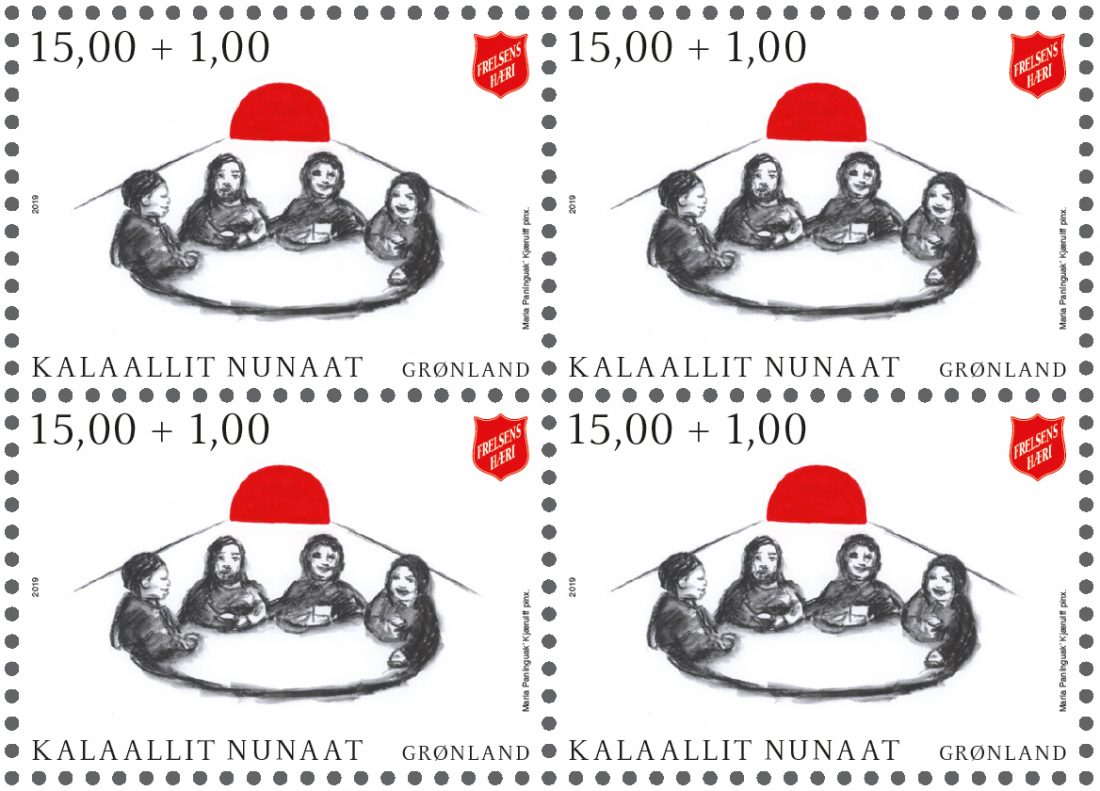
by Geir Engøy –
Cross-Cultural
Ministries Secretary
After I had lived in Spain for over two years I became friends with a successful businessman who had left the same country I had left, only 25 years earlier.
He invited me to the Norwegian Embassy for some up-scale important event. I went along and eventually was introduced to the Ambassador himself. Well versed in small-talk, the Ambassador, who had never seen me before, wondered how long I had been in the country. He was surprised to learn that I had not just gotten off the plane, but had lived there for as long as I had.
Actually, apart from my new friend Willy, the businessman, this was the first contact I had with a fellow Norwegian since the week I arrived, when I had to go to the Norwegian Consulate for some residency document.
I had a great time that evening at the Embassy. I got to eat some good almost-forgotten Norwegian food and I spoke Norwegian, a language I otherwise only used on the phone every few weeks to my family. But, my mission in Spain was not to hang with my own kind. That had been clear to me since I arrived and I had organized my life around that conviction. I didn’t have delicious Norwegian salmon flown in for my culinary comfort; I learned to love paella and drink agua con gas. I didn’t hide in the missionary ghetto; my apartment was in an average apartment block where the rest of the residents were Spaniards and Latin Americans. And I didn’t consider everyone else around me linguistically challenged foreigners.
Rewind to Antioch AD 42, estimated population: 500,000. The Jews had a long history in that important city, and as a result of the persecution of the Christians, a lot of believers had set up shop in Antioch. They witnessed, they preached, and their listeners were familiar with practically everything they said, except this added dimension of Jesus Christ being the fulfillment of all the prophecies regarding the Messiah. Many heard and many received the Good News.
Out of the half-a-million residents, only about 5 percent, or 25,000 souls, were Jews. Enter a cross-cultural group consisting of two Africans, Manaen–who grew up with Herod, Barnabas–a Hellenistic Jew from Cyprus, and Paul (Acts 13:1).
Watch what came out of their outreach into new territory. The Holy Spirit had reminded them of the 95 percent of the population who were not Jews. They had grasped that the Good News, if it were that good, must be for all people. Hence, the Christian Church started moving out of its comfort zone. As noted above, some of its members had an affinity with the “out” groups. A lot of the old-timers had a hard time dealing with outsiders entering their select company. It was, however, only when the Gospel was freed from its Jewish chains that it was saved from becoming another insignificant cult which certainly soon would have evaporated.
The point to be grasped is that Christianity doesn’t belong in any one culture, it has no nationality at its root. It is adaptable to cultures and languages across the globe. Buildings of Christian worship, for example, will take on whatever local architectural expression believers hold dear. The Good News is preached and printed in vernacular languages and not tied down in Hebrew or Greek.
God continually challenges us to break out of our comfort zones. Because that’s where we will grow, that’s where we will learn to depend on him. That’s where the “95 percent” of the un-evangelized people are. And for many of us, that’s where we find those who are different from us in culture, language and ethnicity.
By all means, visit the comfort of the “embassy,” but then step out among the people!












